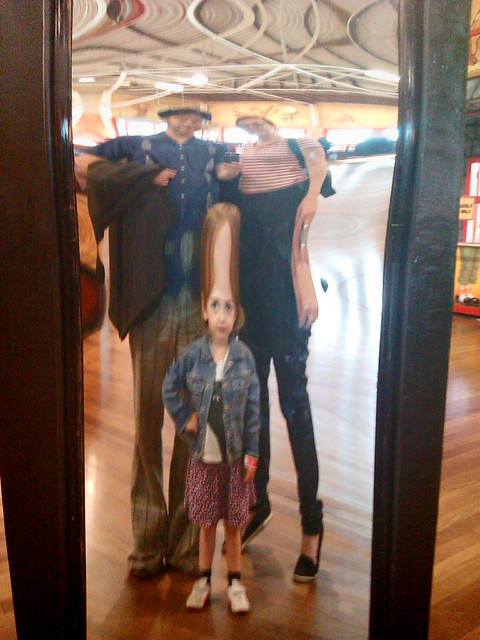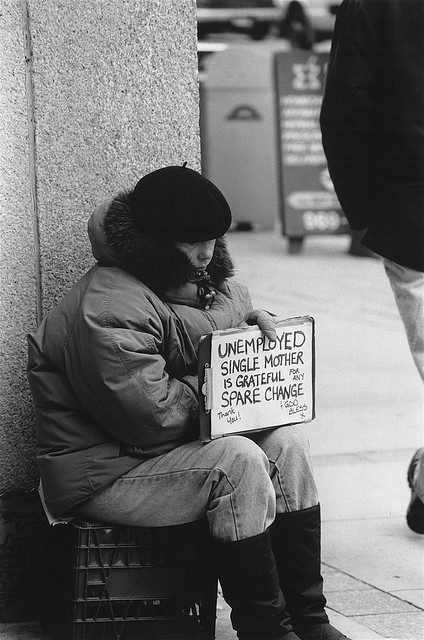
There’s something about minor league professional sports that draws me to it. I like the type of crowd that shows up to these games and the family-friendly atmosphere. I also like the fact that wins and losses don’t really count; rather, it’s a place where up-and-coming young players are put in various situations so that they can learn to grow. And if you know me well, you’ll know I love watching people grow.
So a couple weeks ago we went to see a Santa Cruz Warriors minor league basketball game. We had lots of fun, the arena food was surprisingly delicious, and I also got to see a couple of players that are on the precipice between minor league and NBA. It was funny that the cheers were the loudest during halftime when they brought out those tiny kids playing basketball 😄.

One player who’s got mad skills especially caught my eye that night, but it wasn’t because of his skills. During one sequence, when he was driving the ball on offense, he was bumped hard by an opposing player who took the ball from him, but the official didn’t call a foul. He got angry and complained agitatedly to the official but to no avail, so in retaliation, he rushed back to the other side of the court and whacked the opposing player who had bumped him. And of course he was whistled for a foul, and the coach pulled him out and put him on the bench.
Why am I pointing out this seemingly minor incident that perhaps happen all the time? I think sometimes we focus on what seems to be “major”, such as skills and accomplishments, but what seems “minor”, such as character, is what really counts. In a way, as a parent, my kids are spending their first 18 years or so in the “minor league” of my house. I don’t really care about their “wins and losses” or skills and accomplishments (I know, I’m not a typical Asian parent… 😛), but I care a lot more about how they develop characters of integrity, humility, service, love for each other, etc. I care that during this time they would discover a love for God and His Word. I hope they will grow in these seemingly “minor” things and eventually become a solid player in the “major league” of their worlds.
As a child of God, our time on this earth is also like a “minor league”. There are those who thought that this is a time for accomplishments, but Jesus told them in Matthew 7:21–23:
“Not everyone who says to me, ‘Lord, Lord,’ will enter the kingdom of heaven, but the one who does the will of my Father who is in heaven. On that day many will say to me, ‘Lord, Lord, did we not prophesy in your name, and cast out demons in your name, and do many mighty works in your name?’ And then will I declare to them, ‘I never knew you; depart from me, you workers of lawlessness.’”
Instead, we might be surprised that what we think as “minor” things done to the “minor” people of this world are the things that count most to God in Matthew 25:34–36,40:
Then the King will say to those on his right, ‘Come, you who are blessed by my Father, inherit the kingdom prepared for you from the foundation of the world. For I was hungry and you gave me food, I was thirsty and you gave me drink, I was a stranger and you welcomed me, I was naked and you clothed me, I was sick and you visited me, I was in prison and you came to me. …… Truly, I say to you, as you did it to one of the least of these my brothers, you did it to me.’
So we shouldn’t overlook faithfulness even in the minor things. Because, after all, we are actually in the minor league of life.









